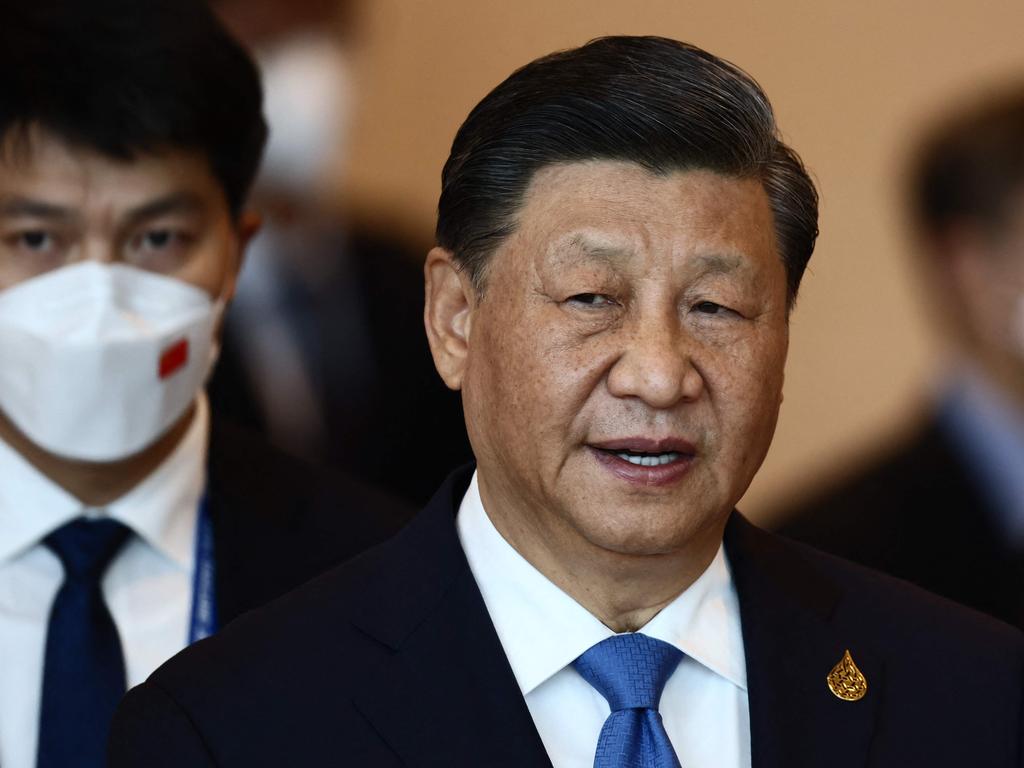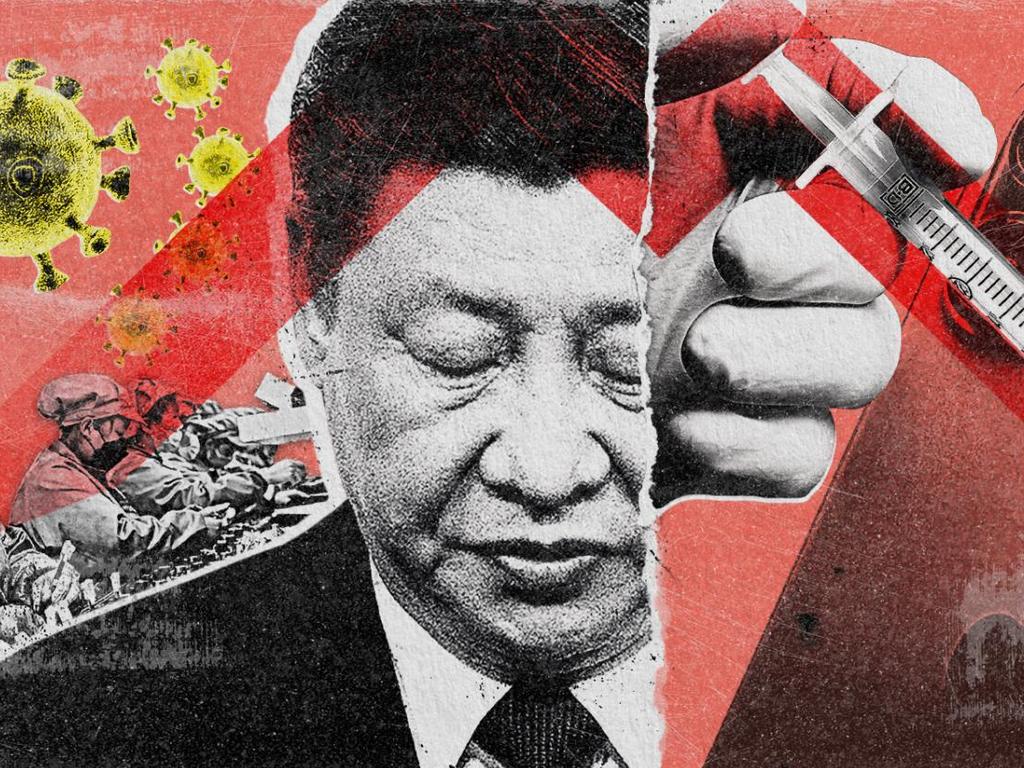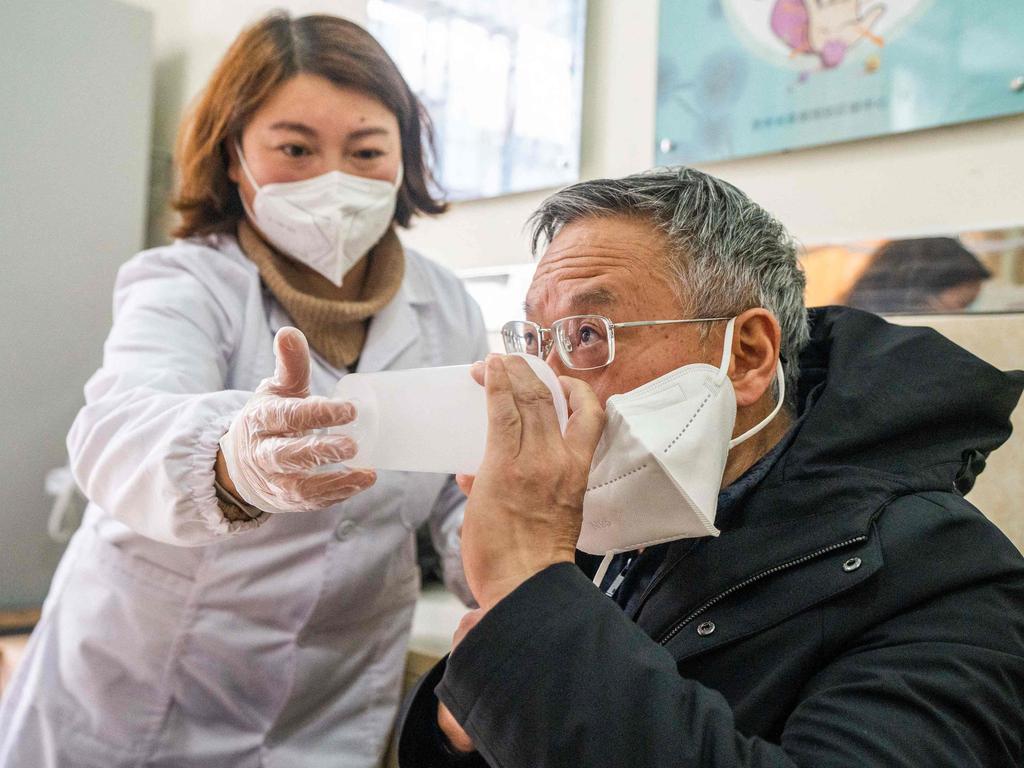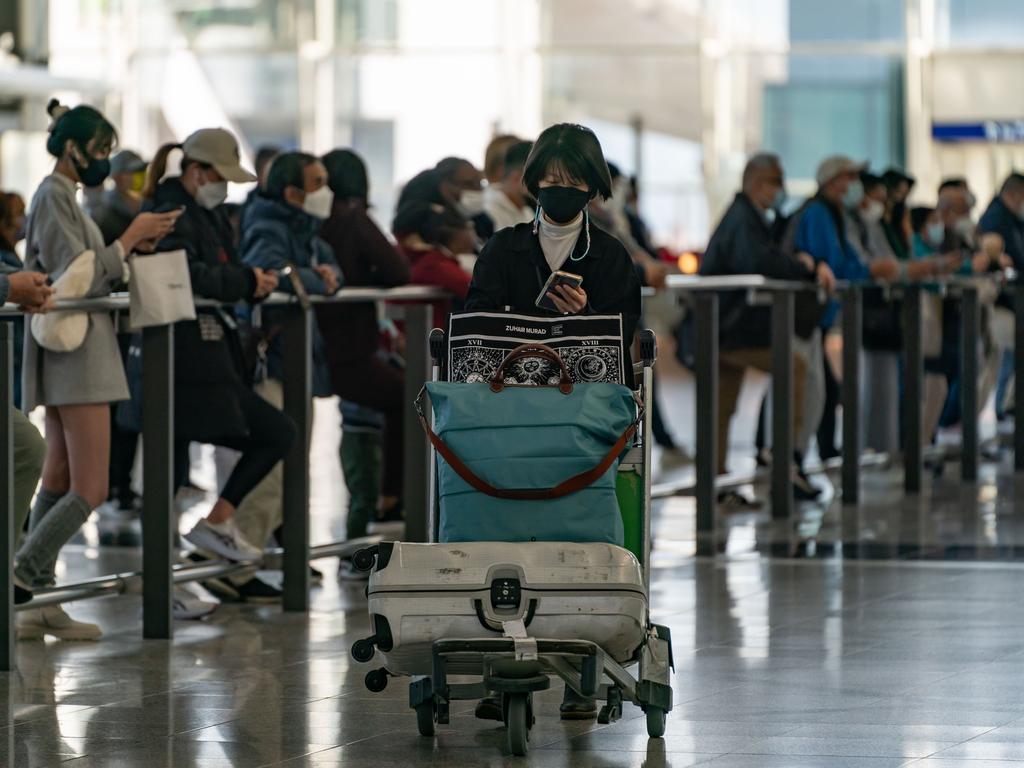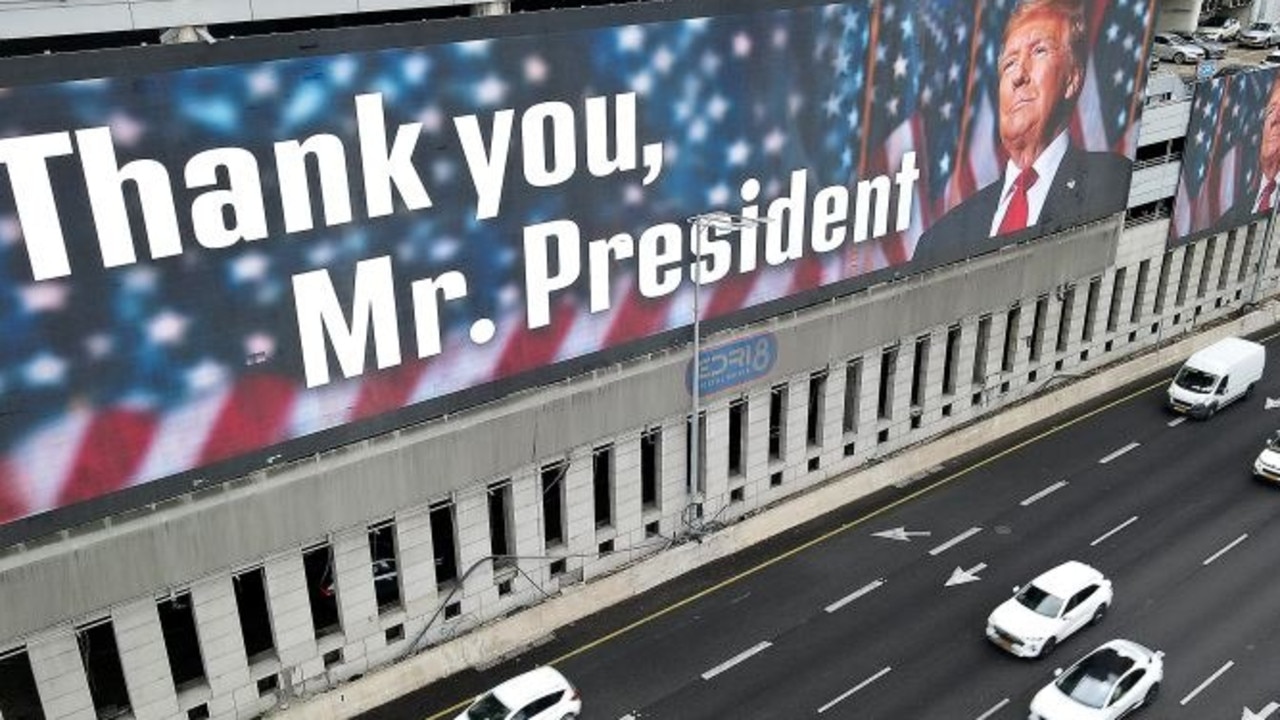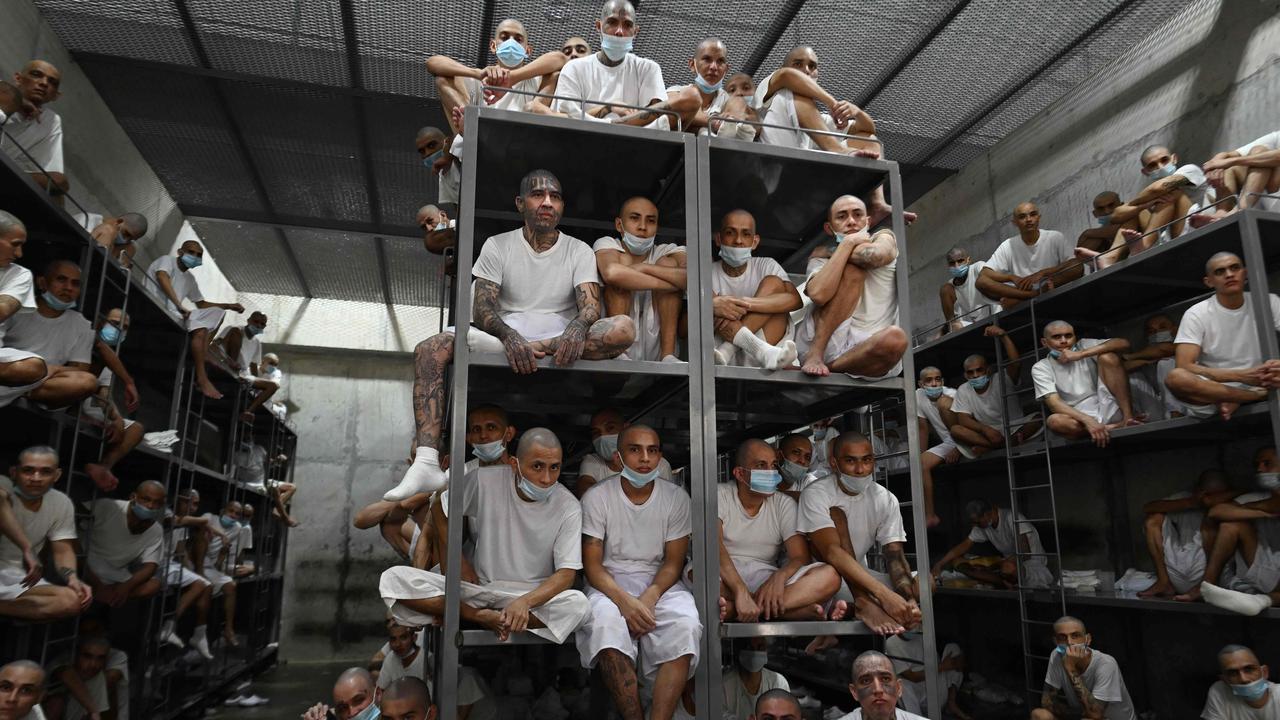Covid is China’s price for rejoining humanity
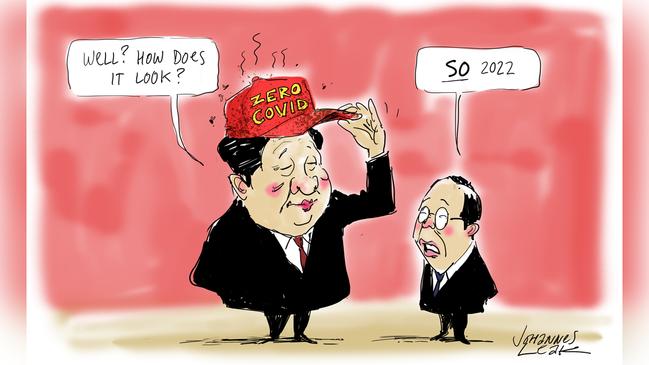
The virus that established a home in the rest of humanity is now spreading in China, as had to happen sooner or later. The medical disaster that appears to be unfolding on the mainland was entirely predictable: China has 10 cities bigger than New York with perhaps a fifth the critical-care capacity. The treatment shortage is even worse in lesser cities and rural areas. And unlike youthful India, which underwent a similar ordeal two years ago, China’s population is more like a Western society’s in age and related vulnerability to severe Covid.
The Communist Party government can rightly be criticised for not beefing up its health capacity, for not making better use of vaccines. One thing not to worry about is the suggestion that, because the virus is now rampant in China as everywhere else, it’s suddenly likely to sprout a dangerous mutation.
Anything is possible with evolution but SARS-CoV-2 has been circulating and recirculating among 6.5 billion non-Chinese for three years. We, not the Chinese, are the reason the virus has evolved vaccine- and immunity-ducking traits, causing it to spread more easily but perhaps also to produce milder disease.
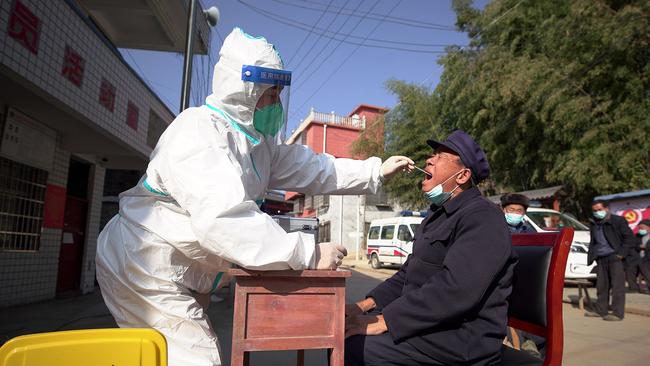
One good result has come from China’s unwillingness to import Western mRNA vaccines. As 1.4 billion more people become part of the virus’s habitat, they won’t be a force driving it to greater mRNA resistance. In fact, the trajectory of the virus is likely to be comparatively benign now that it has made a home among us. Worry about other viruses that haven’t made the jump yet.
Nonetheless the mutation warning has lately leapt from expert lips, for reasons best understood by the Ancient Greeks, who pioneered the ritual lamentation, spoken to make sure the hearer knows the speaker very much disapproves of some ordeal that can’t be avoided. We saw this during our own Covid trial, prominent people trying to insulate their “brands” from the Covid moment by issuing exaggerated statements of blame and despair as well as unrealistic calls to action, many of them catalogued in this column. Amid China’s dark hour, an eye-rolling moment was a recent government decision to cut the quarantine for international arrivals from seven days to five. A few days later China recognised the absurdity of this move, and eliminated quarantine altogether.
In the US policy has gone in the opposite direction, requiring a negative Covid test for Chinese visitors, as if offended they might bring us a virus we already have in abundance and which the whole world is an evolutionary laboratory for. Unsurprisingly, when one country makes such a move, others have a hard time not following. Only the British seem to be resisting the scientifically inert step, though the UK may enact a travel ban anyway out of a fear that Chinese tourists will flood its perennially overburdened National Health Service seeking care they can’t get at home.
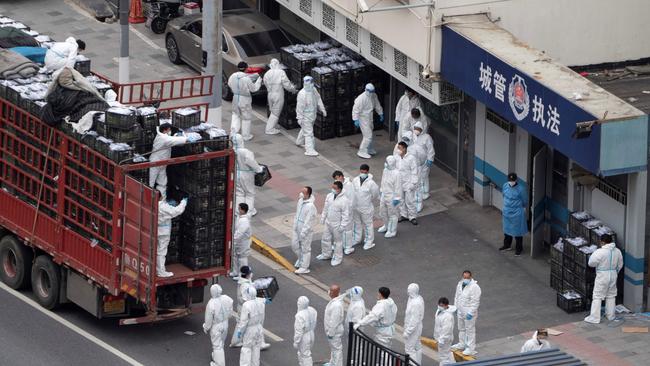
The US requirement comes as the US officially recorded its 100 millionth Covid case, news that was rightly ignored. Our media has finally grasped that the official measure is meaningless. The Covid virus is ubiquitous, causing millions of uncounted recurrent infections every month. If any epidemiological and data puzzle might be worth solving at this point, it concerns people like me: four times vaccinated and still thinking back to every sniffle or scratchy throat over three years and wondering whether I’ve been exposed or not.
The world will rightly start asking why China failed to do what other zero-Covid societies, such as Australia and New Zealand, did. These were the original “let it rip” countries: Having been shielded from Covid, their people were initially slow to take up the vaccine just as many Chinese have been. But eventually they got with the program when their governments explained that the holiday from history would end on a date certain and the virus would be allowed to circulate.
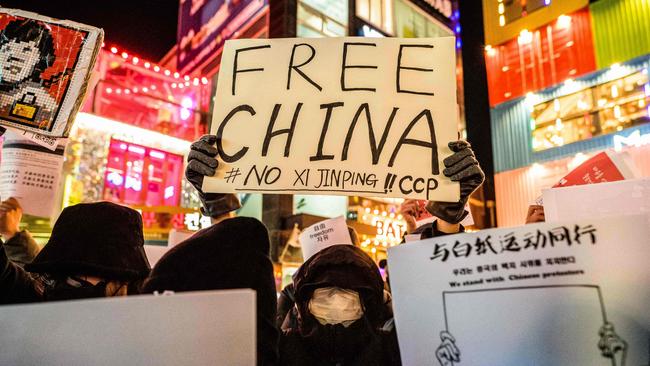
The unreadiness of the Xi Jinping regime to do the same is the mystery. Many explanations are offered but the likeliest is that the government simply lost control of the virus while still figuring out how to frame its exit from zero Covid.
The paralysis that held things up: how to finesse the transition without derailing the propaganda story that Mr. Xi saved China from Covid. Beijing’s second biggest mistake, after declining to import superior Western vaccines, was not studying how Australia and New Zealand, as well as Singapore, Taiwan and South Korea, pulled this off. They did so by speaking honestly to their people about the need to let the virus circulate in order to rejoin humanity.
The Wall Street Journal

